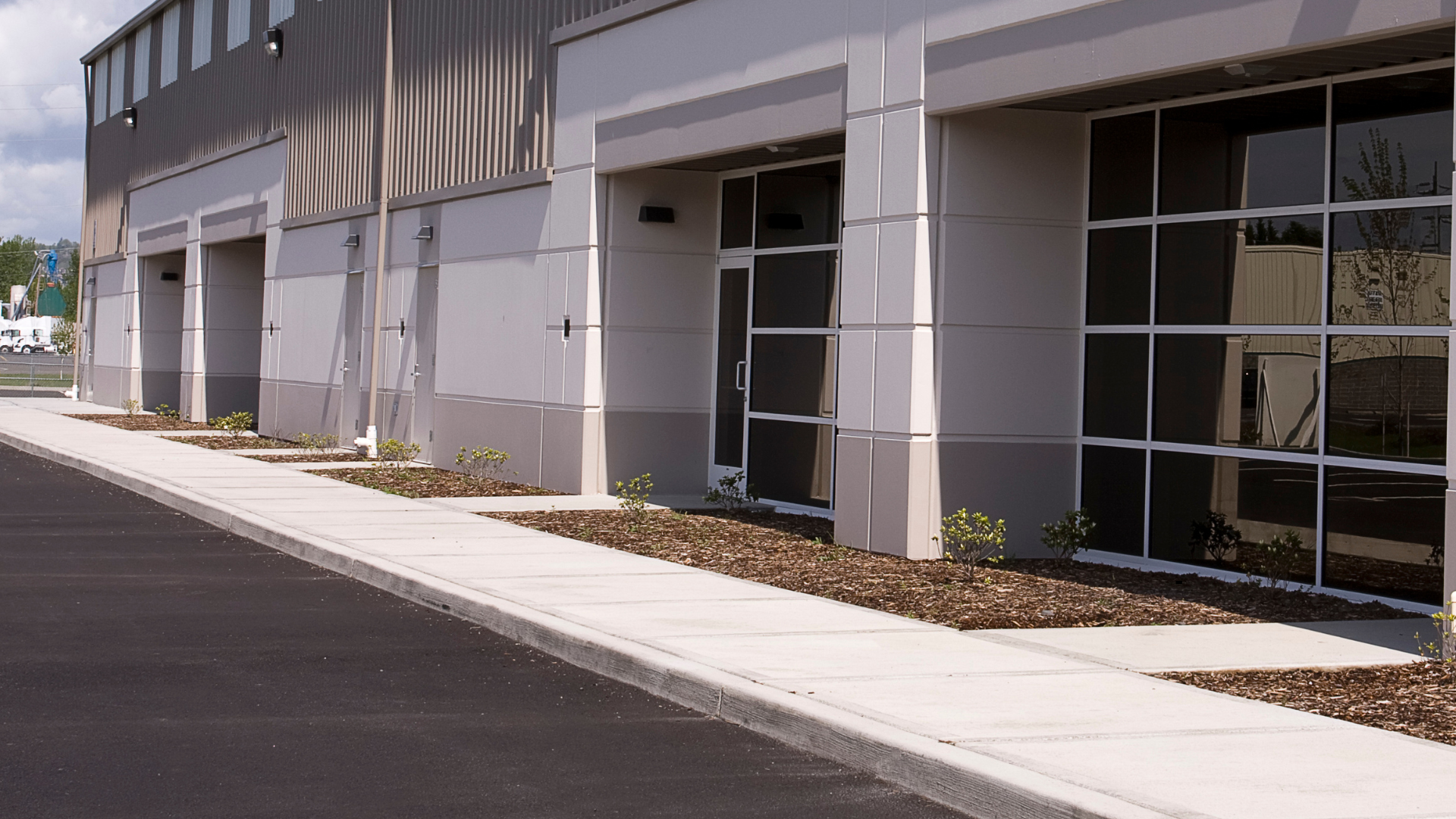Pavement is a staple of modern life. With more than 2.6 million miles of paved highways in the United States, it is an essential component of transportation.
However, any time you replace natural environments with impervious surfaces like streets or parking lots, there are consequences. Water from participation must find a new place to go. This can lead to erosion, flooding, and contamination of water sources.
Innovations like porous pavement can help diminish these effects. This article explains how. Keep reading to find out how it can be the right stormwater management tool for your project.
What Is Porous Pavement?
Porous pavement is made up of open pore pavers along with concrete or asphalt. It allows water to seep through the material instead of running off the surface.
Porous pavement can have different designs, but often it catches precipitation in a stone reservoir. This allows it to gradually drain into the surrounding soil.
Porous is often used for the express purpose of managing stormwater runoff. This makes it a popular choice for parking lots, sidewalks, driveways, and low-traffic roadways in areas prone to flooding.
Advantages of Porous Pavement
There are many advantages of porous pavement. Here are the main ones to consider.
Limits Flooding Risks
One is the main benefits of porous pavement is that it can help control post-storm flooding. With permeable pavement, there is less of a chance for localized accumulation of water in low-lying areas.
It also means that the water has less of a chance to collect in other locations. For instance, porous pavement keeps water from routing into streams that can cause local flooding, erosion, or other issues.
Limits Environmental Impact
There are environmental advantages of porous pavement. It can help limit the contamination of groundwater sources. Since precipitation seeps directly into the ground-versus flowing through streets and gutters-it has less exposure to debris, bacteria, or pollutants.
Porous pavement is also better for land management. It limits the impact paving has on plant growth, which in turn can help stave off erosion.
Lower Maintenance Costs
Porous pavement can help reduce the stress of runoff on the existing stormwater system. It eliminates abrupt pulses of water from moving through gutters, drains, and pipes, which has the potential to cause greater wear and tear.
Since it allows water to flow through freely, porous pavement will experience less damage from standing water. This means it can have lower maintenance costs.
Ice Reduction
Finally, porous pavement can help limit the accumulation of ice on walkways or roads in cold climates. Reducing the amount of standing water on a surface means there is less of a chance for it to freeze, causing hazardous conditions.
Find Pavement Solutions for Stormwater Runoff Near You
Now that you understand how porous pavement can enhance stormwater maintenance, you can determine the right application for your project. An experienced paving company can further advise you on the best uses based on your unique needs and goals.
Property owners and project managers across the Bay Area recognize BRIXCO Construction Group as a company they can trust for every aspect of resurfacing. We pride ourselves on providing upfront pricing and highly trained staff that can address any challenge or issue. Reach out to us to schedule service today.




